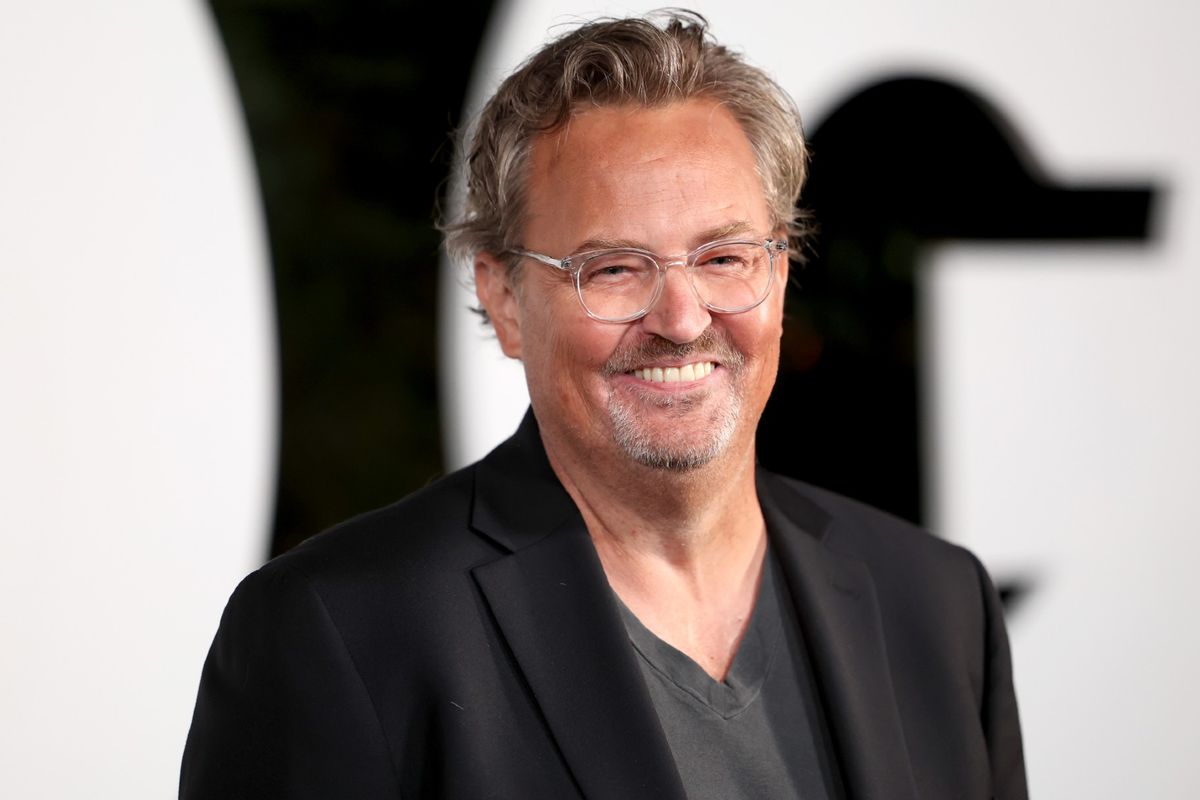Mark Chavez, a California doctor charged in “Friends” star Matthew Perry’s 2023 death, pleaded guilty on Friday to conspiracy to distribute ketamine.
The actor was found dead in a hot tub in his Pacific Palisades home last year primarily due to a ketamine overdose and subsequent drowning, per a toxicology report.
Five individuals, including Chavez, were charged in connection with Perry’s death earlier this month. Others include celebrity dealer “Ketamine Queen” Jasveen Sangha and Dr. Salvador Plasencia, who pleaded not guilty, and Perry's assistant Kenneth Iwamasa, who pleaded guilty earlier this month.
Plasencia and Sangha are slated for October trials, according to The Wrap. Per prosecutors, the five engaged in distributing and administering ketamine to Perry, despite his addiction.
"They knew what they were doing was wrong,” U.S. Attorney Martin Estrada said when the five were charged, adding that they “took advantage of Mr. Perry’s addiction issues to enrich themselves.”
Chavez’s plea on one federal charge, and admission to diverting the vials of ketamine from his clinic that contributed to Perry’s death, could land him up to 10 years behind bars. Iwamasa, who injected Perry with ketamine infusions regularly in the weeks leading up to his death, including the dose taken before his death, faces up to 15 years.
Perry’s death, which shocked his close friends and former co-stars in October of last year, came amid a period of depression and anxiety for the actor, who had turned to ketamine infusion therapy in the weeks before he passed.



Shares